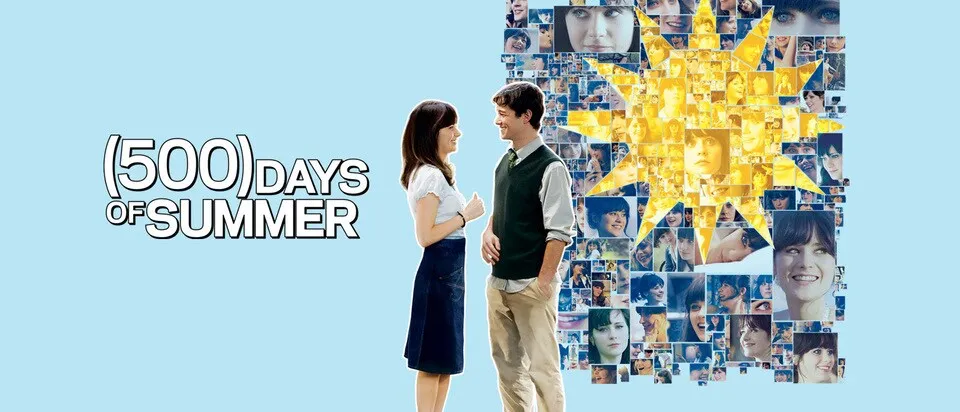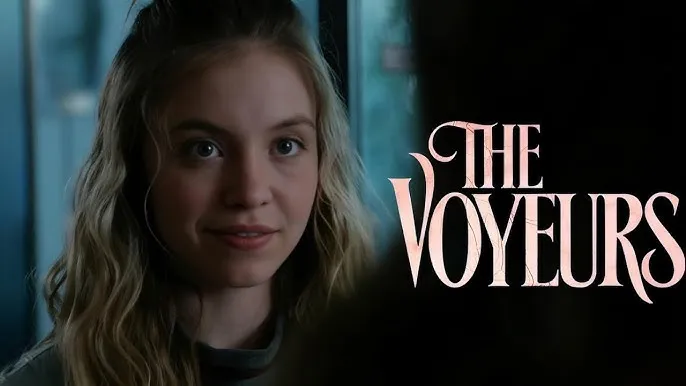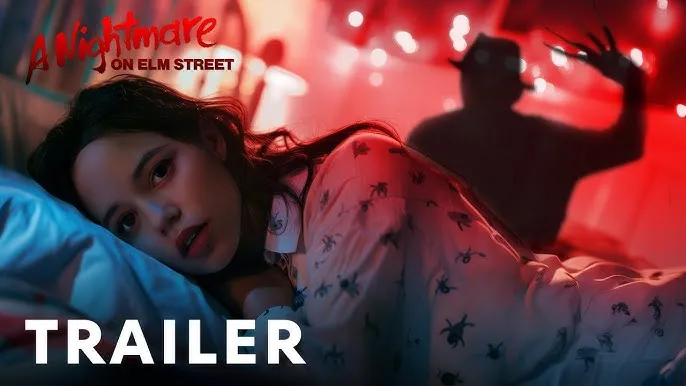The Notebook (2004), directed by Nick Cassavetes and based on Nicholas Sparks’s beloved novel, remains one of modern romance cinema’s most poignant and enduring tales. Anchored by the chemistry of Ryan Gosling and Rachel McAdams, the film weaves together themes of memory, love, and the delicate margin between heartbreak and hope.
The story unfolds as an elderly man, Duke (James Garner), reads from a weathered notebook to Allie (Gena Rowlands), a woman suffering from dementia in a nursing home. The narrative he shares—of passionate summer love in 1940s South Carolina between Allie and Noah (Gosling)—forms the film’s core. Their youthful romance is marked by innocence and intensity, a whirlwind of stolen moments and emotional awakenings against the backdrop of sun-drenched swamps, lavish dances, and the iconic bridge scene where they succumb to the full force of first love.
Ryan Gosling brings a quiet, earnest determination to Noah—a young man who dreams of building something lasting despite his humble roots. Rachel McAdams, as Allie, radiates both beauty and fierce independence. Their chemistry is electric without ever tipping into melodrama, giving their love story genuine depth. Their on-screen connection makes their eventual separation—driven by societal pressures and Allie’s wealthy suitor—feel heartbreakingly real.
The film’s pacing is deliberate, alternating between the fervor of youthful romance and the poignant reality of aging love. As Duke reads on, the audience unravels a bittersweet truth: this isn’t just a story—it’s their life. The reveal that Duke is, in fact, an older Noah and Allie is a heart-wrenching beat. The film’s final sequence, where they share one last lucid night together, lingers in the mind as a meditation on devotion and mortality.

Cassavetes employs a lush aesthetic: golden-hour lighting, romantic period architecture, and intimate close-ups that celebrate tenderness. Aaron Zigman’s sweeping score—warm, melodic, and heartfelt—underscores every emotional moment without ever overpowering it. The production design invites nostalgia without resorting to kitsch.
While some critics pointed to the film’s sentimental nature, its emotional honesty resonates universally. It taps into the yearning for love that lasts, the ache of separation, and the miracle of memory amid loss. It’s not just a romance—it’s a testament to resilience, trust, and unwavering commitment.
Ultimately, The Notebook endures because it feels both timeless and unpretentious. It reminds us that true love doesn’t follow logic—it persists through flaws, hardship, and the uncertain passage of time. Whether it draws tears or smiles—or a mix of both—this film remains a touchstone of cinematic romance.
-1751944113-q80.webp)


